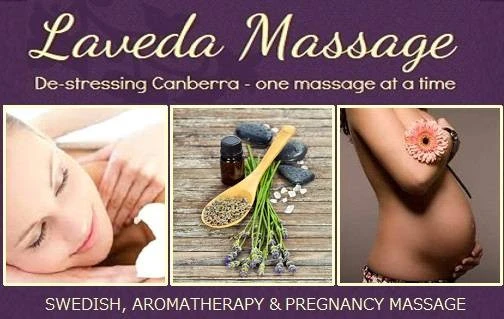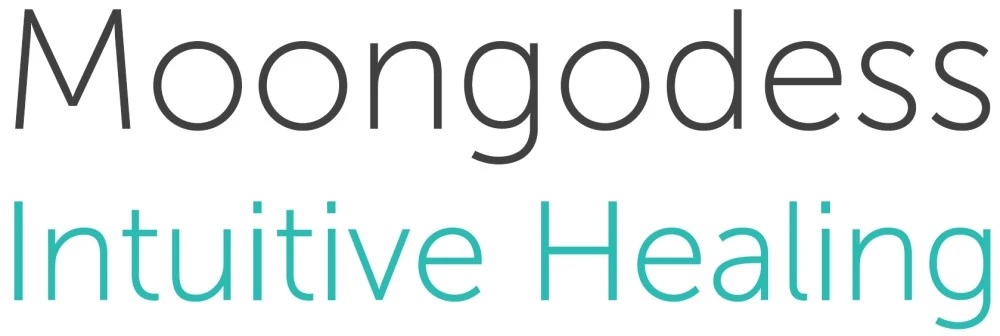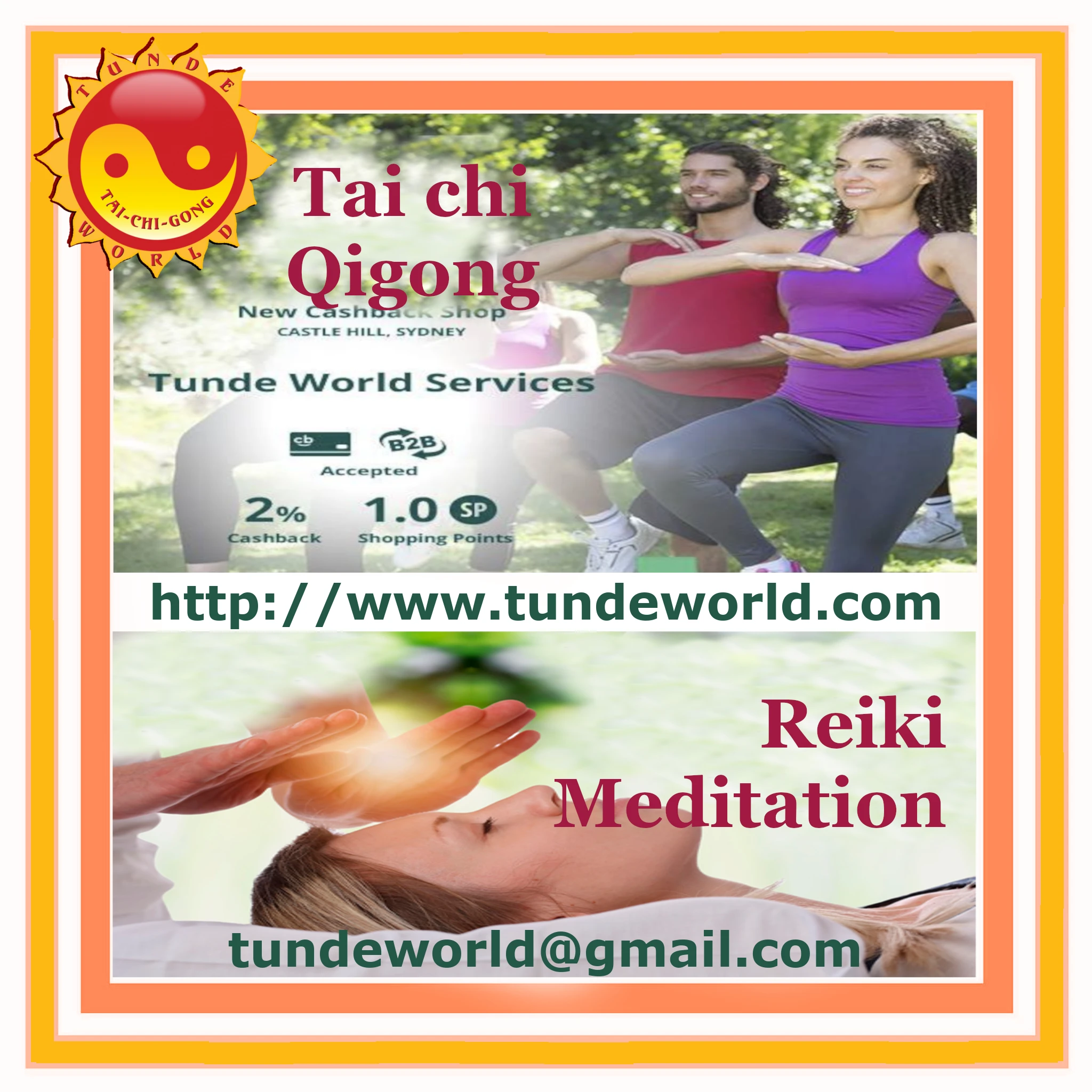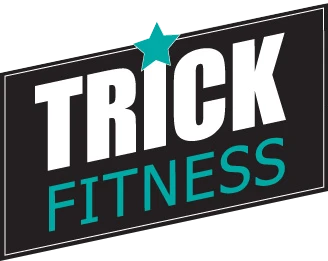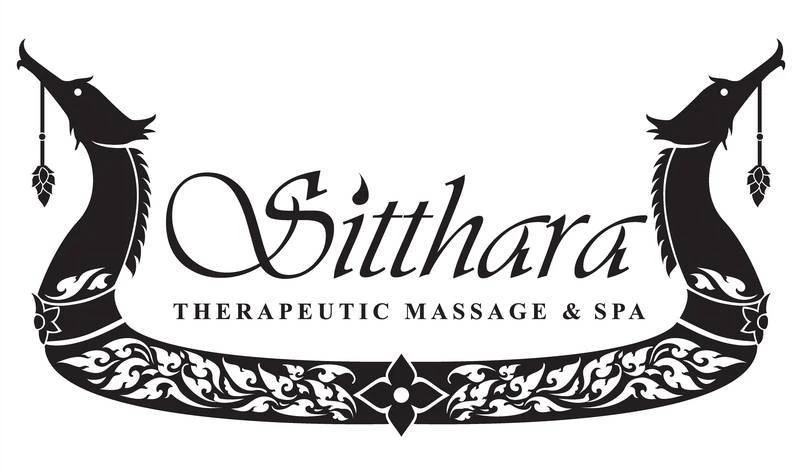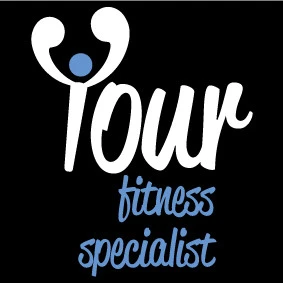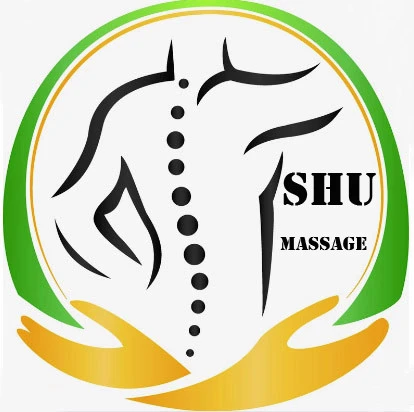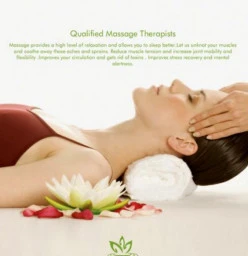
5 great things about mobile personal training
'Functional fitness' is a trendy term. Basically it means you exercise in a way which is more like movements you do in daily life. This includes picking things up, putting things down, getting up and down from a chair.
Read more
5 easy ways you can add exercise into your day
Human beings are routine based animals. We love structure, consistency and making things as easy as possible. So why not start your morning routine off with exercise? To do this I suggest making your environment supportive of this endeavour by setting up your workout clothes in an easy to see place as soon as you wake up, leave your gym shoes close to the front door, set a reminder on your phone.
Read more
Eye spy a trauma cure
Accredited experts and organisations, including the World Health Organisation are giving the thumbs up to Eye Movement Desensitisation and Reprocessing (EMDR) as a way of treating trauma. Find out why.
Read more
Don't let winter beat your fitness goals
If you are like me, winter is not your favourite part of the year and trying to achieve your fitness goals when it’s cold, is hard work! The shorter days and colder weather definitely challenges my willpower and energy levels to keep working out – but I still manage to get it done... yes staying fit over the winter is that important to me! Become a winter morning warrior with these tips to get out of bed and start your workout routine each morning.
Read more
Confidence and Safety: The Benefits of Self-Defence Classes
Engaging in physical activity releases endorphins, those magical chemicals that make you feel happier and more relaxed. So, as you're perfecting your jabs and uppercuts, you're also giving your stress levels a healthy beatdown. Plus, knowing you have the tools to handle tricky situations can ease the anxiety that often accompanies the unknown.
Read more
Are you reading this slumped over your smartphone?
On average, people spend approximately two to four hours (or more!) a day slumped over their phone. Be warned. It’s called ‘Smart Phone Syndrome' and it puts pressure on the spine that can lead to surgery. Find out how you can correct it.
Read more
The true reasons personal training works (& it's not why you think)
Pretty simple and no great revelation but in practice scheduling and committing to a workout matters a lot, and for most people it's the greatest challenge. There’s no other way forward with regards to significantly improving your fitness or body composition other than consistent exercise sessions accumulated over time. Intensity, exercise selection and brilliant technique will never be a substitute for turning up.
Read more
Build your resilence through exercise
Most of us already know that exercise helps release endorphins which are wonderful mood boosters. But did you know that exercise is a great contributing factor to help you build your mental resilience? Discover how you can build your mental resilience through exercise using these three important tips.
Read more
The gift of pain
Pain really is our most honest voice. It is a gift designed to protect us from further pain and tell us that we have incredible value and need to be protected. Pain tells us what is not right and informs us about the things that are unsustainable and emotionally damaging that need changing. This article explains how you can listen to pain and use it to learn for the future.
Read moreCauses of Depression: Can a psychologist help?
There are many things we don’t understand about depression, and its exact cause is one of them. However, it often results from a combination of events in a person’s life as well as other personal factors, rather than a single event or issue. This article explores the potential triggers to help you better manage your risk.
Read more
The (Im)possibility of work-life balance
Happiness can be a delicate creature. It has to be fed, nurtured and given attention. If we are too busy to nurture it then it grows weaker. In some cases happiness becomes so weak that it seems dead, but it is merely lying dormant until it is nurtured once more. For it to remain strong we need to create and maintain a balance between things that consume our energy and things that replenish our energy. This is often referred to as work/life balance.
Read more
Full Moon Eclipse - I forgive, I heal, I set myself free
Forgiveness “When a deep injury is done to us, we never heal until we forgive.”-Nelson Mandela.
Read more
Trail Running Tips
Your propensity for a sprained ankle or stumble is higher than road running, much higher and you’d better have strong glutes (Buttocks), there is more climbing as well. These are my tips for newbies and those who have been doing this for a short time.
Read more
How yoga and mindfulness can help kids with Asthma
Inversions are a great way to shift excess mucus from the lungs and balance out the immune system; they’re also fun to do. Most age groups can practice Supported Shoulderstand or Legs Up The Wall. Both Downward-Facing Dog and Bridge pose are inversion too.
Read more
A little gratitude goes a long way
We can help kids understand what gratitude is and how to express it authentically by modelling it ourselves. Cultivating gratitude takes time and effort. By starting gratitude practices at an early age we are providing the motivation and skills they need to lead a meaningful life.
Read more
Brain areas altered during hypnotic trances identified
Researchers at Stanford University found changes in three areas of the brain that occur when people are hypnotized. By scanning the brains of subjects while they were hypnotized, researchers could see the neural changes associated with hypnosis. This article looks at each of these three areas of the brain.
Read more
Why we need yoga and mindfulness in Early Childhood
Mental health awareness is highlighting the many challenges that kids are facing today. Yoga and mindfulness teaches kids to love themselves as they are, it develops robust resilience and boosts self-esteem whilst creating confidence to build relationships and to reach out to ask for help when it’s needed.
Read more
Hypnotherapy to deal with pain
We are all familiar with medication to deal with pain, however hypnosis is the most frequently cited form of non-pharmacologic cognitive pain control. Hypnosis is an altered state of consciousness. It is where one's attention is focused; this creates an environment in which the brain can process information to bring about beneficial changes in a person. This essay explores how hypnosis can be used for pain.
Read more
Over-the-counter vitamins or Practitioner-only supplements: what's best?
Have you ever looked at that bottle of fish oil or 'shelf stable' probiotic sitting on the dusty supermarket shelf and wondered to yourself: “How long has THAT been there? Am I just wasting my money?” This article looks at the truth about supplements and explains where you can get the most benefit.
Read more
How To Survive Mother's Day With A Difficult Mother
Some adult daughters have difficult relationships with their mum, still seeking their mother’s approval for their career, for their love interests, for her acceptance and unconditional love. They revert to being a child in their mother’s presence, wanting mum to nurture and encourage them, maintaining hope that mum will hold the little girl in her lap of tenderness, stroking her fondly, speaking gently from doting mother to her adoring child. This is the fantasy that adult daughters dream about.
Read more





